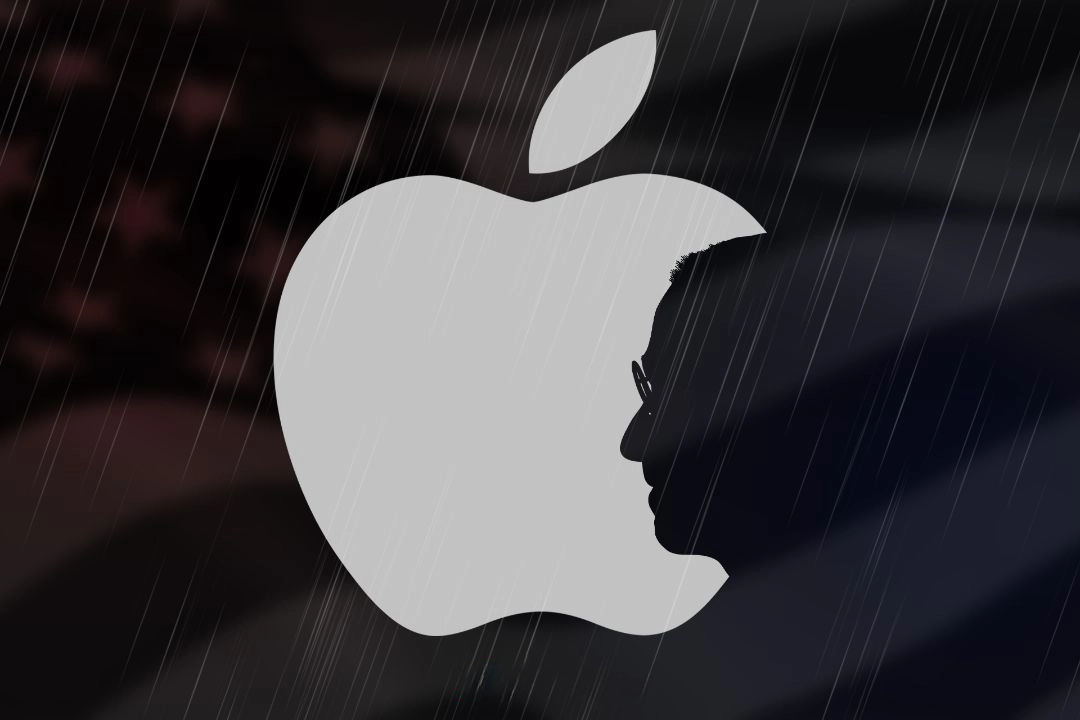There are two main platforms for mobile app development: Android and iOS. Modern Android apps are typically developed using Kotlin, while iOS apps are built with Swift. Although these languages share some similarities, their differences are significant enough that most developers, except for the largest companies, tend to specialize in one platform. While cross-platform development tools like Flutter and React Native allow developers to write a single codebase that works on both Android and iOS, these solutions often come with trade-offs in performance, which can be a dealbreaker for both users and developers. This forces mobile app developers to choose between focusing exclusively on one platform, dedicating additional resources to develop for both, or accepting potential performance drawbacks by using non-native cross-platform frameworks.
However, a new technology may eliminate the need for such difficult choices. Skip is a transpiler that converts iOS-native Swift code into Android-native Kotlin, enabling developers to work solely in Swift while still creating apps for Android without the usual compromises associated with cross-platform frameworks. According to Abe, one of the creators of Skip, although the implementation details of Compose and SwiftUI differ significantly, their interface-in-code approaches are surprisingly similar in functionality, which was crucial in the development of Skip.
To get started with Skip, developers can refer to the documentation available on the Skip website. The transpiler is a plugin for Xcode that converts Swift code into Kotlin but doesn’t work the other way around. When asked about plans for a Kotlin-to-Swift transpiler, Abe was clear: “Nope.” This decision isn’t due to a preference for iOS but rather the way each language handles memory management. Even if the logic and data structures were perfectly translated, the resulting code would likely suffer from significant memory leaks since Kotlin relies on a garbage collector for memory cleanup.
Skip is still in its early stages, with version 1.0 officially launched in August by its creators, Marc and Abe. However, they believe they have developed something valuable. “The reception that Skip has received so far validates that many others share our belief,” they said. Whether they continue developing Skip independently or collaborate with others, they are optimistic about its future and the potential benefits it offers to developers seeking to reach the entire mobile market.
It remains to be seen how Skip will influence the mobile app landscape. Hopefully, it will lead to popular iOS-exclusive apps like Procreate or Garageband becoming available on Android. In the meantime, users can explore ways to make their Android phones mimic the iPhone experience.

Leave a Reply